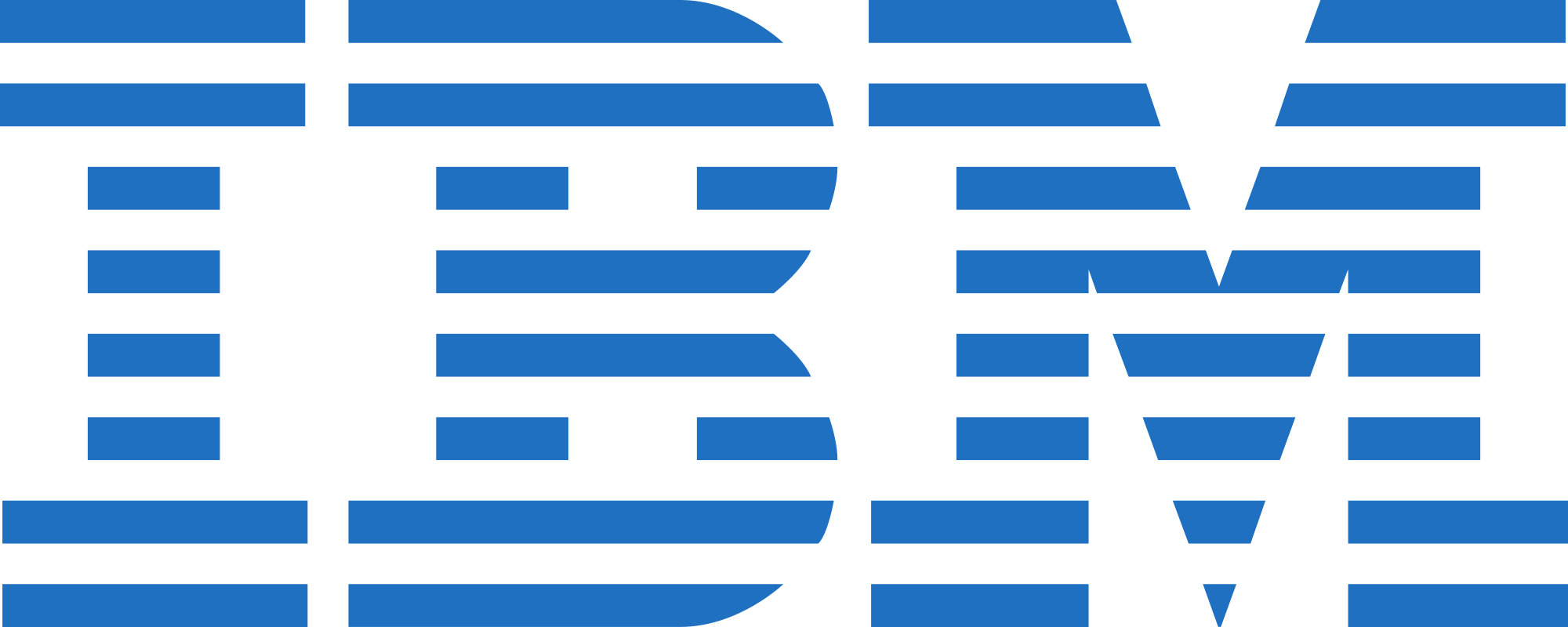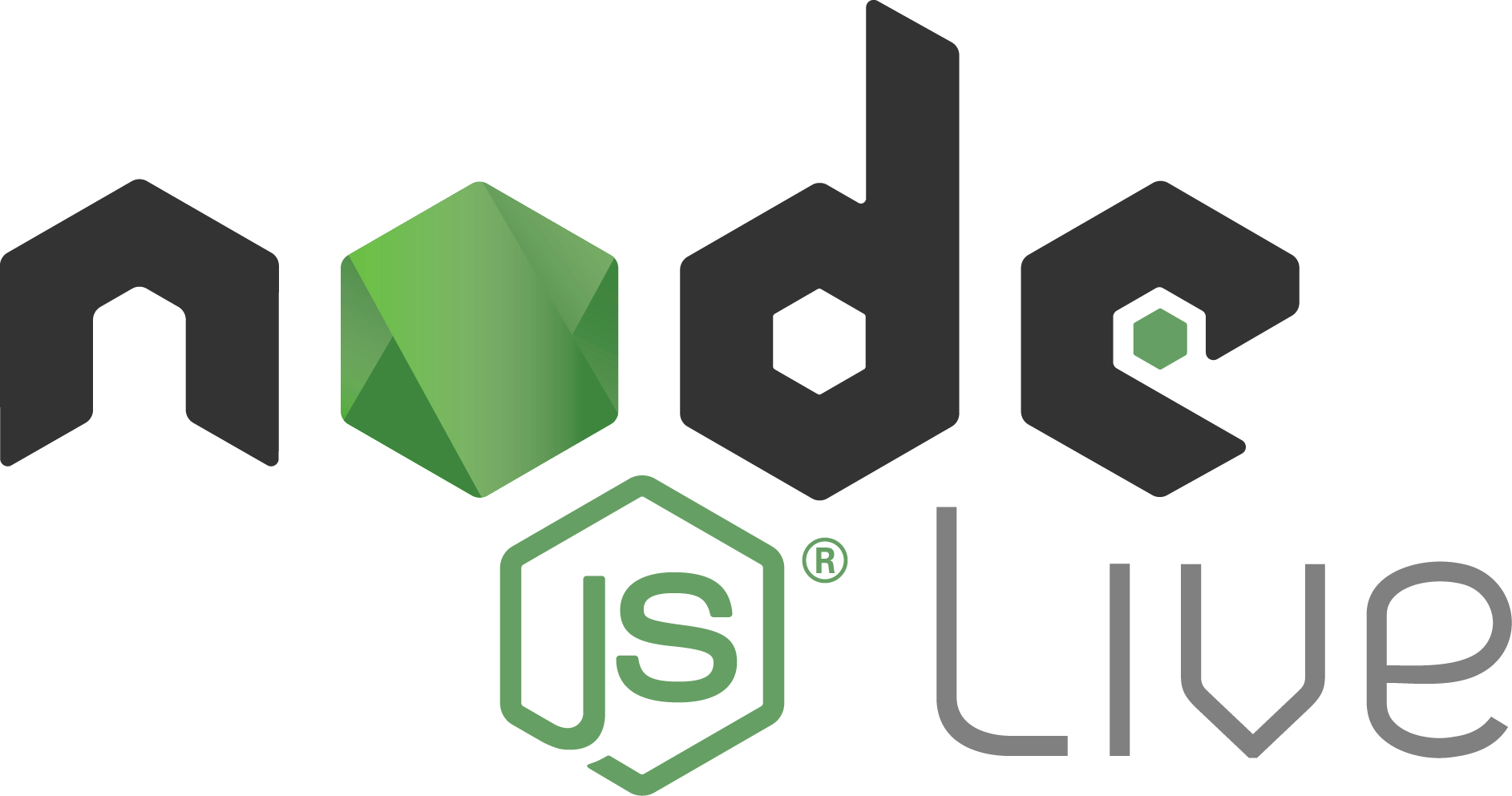Los Angeles
This event is being run in partnership with JS.LA.
- Day/Time: Thursday, February 25 starting at 6pm.
- Location: ArcLight Cinemas
- Address: 6360 Sunset Blvd, Los Angeles, CA 90028
- Parking: Validated parking is $4.00 for 4 hours.
Register Now!




We're still looking for sponsors. Contact us if you're interested.
February 24, 2016, 6:00-10:00pm
NodeTogether is an educational initiative to improve the diversity of the Node community by bringing people of underrepresented groups together to learn Node.js.
To learn more, and/or if you are interested in applying as a student, mentor, or sponsor, please visit http://www.nodetogether.org/.
Agenda
After party is down the road at Oxford Road,
6430 Sunset Blvd. #600 Los Angeles CA 90028.
Oxford Road is a profitable startup that is growing rapidly. On behalf of disruptive brands,
they decide which ads people see - when they see them - where they see them. In order
to do this well they build high-performance systems for storing, processing, and
manipulating large data sets. Their developers are passionate about two things: understanding
mass media, and finding elegant solutions to engineering challenges.
Speakers
Mikeal is the Community Manager of the Node.js Foundation and the creator of
request and NodeConf.
His talk will be all about what the Foundation has been up to recently and its plans for
the rest of 2016.
Justin Meyer (@justinbmeyer) is the lead author of DoneJS and a core contributor to CanJS
and StealJS. He’s the CEO of Bitovi, a JavaScript consulting company known for making apps
for Walmart and other high profile companies he can’t talk about.
His talk shows how the recently released DoneJS framework makes it easy to build fast
single page applications that are:
- server side rendered
- progressively loaded
- use content delivery networks
You will discover how DoneJS solves these problems while building a simple real-time chat
application. As a bonus, Justin will show how to build the chat application to a mobile and
desktop application so all three versions of the app can chat together. If there's time,
he might even turn on worker thread rendering.
Andrew is a software developer at Carbon Five, a software development and product consultancy
in Santa Monica. As a trail runner, he loves finding new routes for long runs in the mountains.
Andrew is speaking about functional reactive programming and how it's the bee's knees.
But... you can't figure out how it works, and all the math-talk and theory jargon that surround
the subject are confusing to you.
Fear not! Together, we'll go through the concepts of streams, functions, and data flow. We'll
take the concepts apart with diagrams and explain them in plain English.
With this newfound knowledge, we'll build ourselves a pedometer (step counter) with our new
learnings and RxJS, a Javascript FRP library. We'll discuss how we can embed these things in
real-world physical devices - like the Pebble smartwatch!
We'll even talk a little bit about how reactive programming concepts apply to real world
frameworks like React, Redux, and Elm. In the end, you'll not only get up to speed about
reactive programming, you'll be able to have new insights and tools to implement reactive
principles in your next project.
Ashley, npm's Developer Community and Content Manager, gives a quick tour of npm’s greatest
features, old and new, and demonstrates how they can be integrated into your workflow to make
you better, happier, and more productive. Ashley will outline the most commonly used npm tools
for starting a project, managing a project through development, test, and deployment, and
managing teams and organization project work. She’ll focus in particular on workflows that
will help frontend developers, npm’s biggest and fastest-growing group of users.
NodeSource maintains hundreds of unique platform Docker images of Node.js across linux
distribution platforms and versions and Node.js versions. These are used as base images
for Enterprise Node.js users and as an official service for NodeSource N|Support customers.
We will share how we manage and test across all these permutations and why NodeSource recently
dropped automated builds on Docker Hub.
Code of Conduct
All attendees, speakers, staff and sponsors are expected to follow the Code of Conduct.



